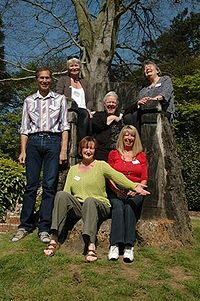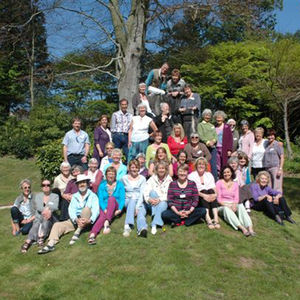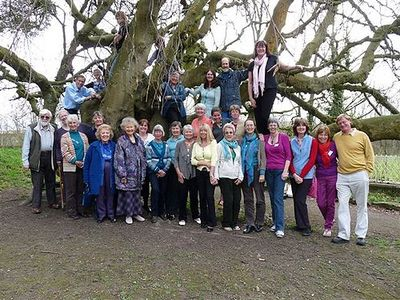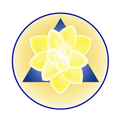Aims of the INEH
History
Our mission statement:
This network, whose keynote is world service, is non-sectarian, non-political and international in its thinking. We recognise Life as the primary source of power. We can channel this energy for healing and, when this takes place, spirit, soul and body integrate to become ‘whole’.
Specific aims:
- To facilitate Energy Healing.
- To help anchor spiritual science in human consciousness.
- To assist the Plan of the Spiritual Hierarchy for humanity.
- To encourage group work on inner and outer levels.
- To link up and work with practitioners in the various medical healing arts and sciences, acknowledging the value of diversity.
- To share the understanding of energetic anatomy and the energetic causes and prevention of disease.
- To provide seminars and practical training in the principles of Energy Healing in the subtle energy field and its integration into everyday life.
- To develop our international network of practitioners, teachers and servers to support each other and further the above aims.
Our History
International Network for Energy Healing (INEH) grew from a group of men and women based in the south of England in the 1960s who were practicing and studying spiritual healing. They began by using a ‘hands on’ method, but gradually developed ways of working in the energy field, with its centres or chakras, and incorporated their practical experience with the philosophical teachings found in Esoteric Healing and other books by Alice Bailey.
International Network for Energy Healing is a registered charity in the UK (1032492). We are members of The Confederation of Healing Organisation (CHO).
Brenda Johnston, a member of the original group, was then invited to speak about the work to other groups around the world. She then organised the work into a series of structured courses.
Arising from Brenda Johnston’s work, a further group was formed which formalised in 1982 and became a registered charity in 1994 under the name of International Network for Energy Healing.
Energy Healing is now practiced and taught by members of the network in many parts of the world including Australia, Canada, the Czech Republic, Italy, France, Germany, Greece, the Netherlands, Poland, Spain, Sweden, Switzerland, the United States of America and Zimbabwe. Together, this group continues to develop the work and extended the courses.
The British group presently has around 80 members and gathers each year for an annual conference, as well as meeting in small groups, to share and extend the work. The group is co-ordinated by a committee of nine who are always happy to accept new INEH members to join and contribute.
International Network for Energy Healing (INEH) grew from a group of men and women based in the south of England in the 1960s who were practicing and studying spiritual healing. They began by using a ‘hands on’ method, but gradually developed ways of working in the energy field, with its centres or chakras, and incorporated their practical experience with the philosophical teachings found in Esoteric Healing and other books by Alice Bailey.
International Network for Energy Healing is a registered charity in the UK (1032492). We are members of The Confederation of Healing Organisation (CHO).
Brenda Johnston, a member of the original group, was then invited to speak about the work to other groups around the world. She then organised the work into a series of structured courses.
Arising from Brenda Johnston’s work, a further group was formed which formalised in 1982 and became a registered charity in 1994 under the name of International Network for Energy Healing.
Energy Healing is now practiced and taught by members of the network in many parts of the world including Australia, Canada, the Czech Republic, Italy, France, Germany, Greece, the Netherlands, Poland, Spain, Sweden, Switzerland, the United States of America and Zimbabwe. Together, this group continues to develop the work and extended the courses.
The British group presently has around 80 members and gathers each year for an annual conference, as well as meeting in small groups, to share and extend the work. The group is co-ordinated by a committee of nine who are always happy to accept new INEH members to join and contribute.




